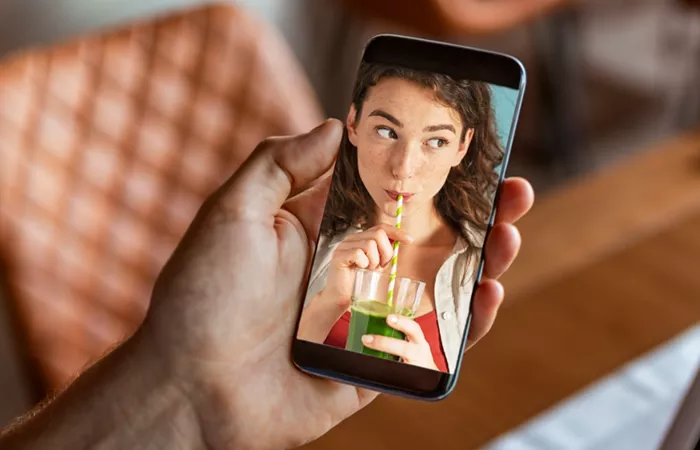“What I Eat in a Day” videos—where influencers list their daily meals—are hugely popular on social media. But experts warn they may be doing more harm than good.
Though many of these videos claim to promote healthy eating, they often show low-calorie diets, exclude food groups, or push unrealistic “clean eating” ideals. Some even encourage harmful behaviors like skipping meals or using laxatives. Most creators aren’t qualified nutrition professionals, increasing the risk of misinformation.
“These videos can set dangerous expectations around food and body image,” said Dr. Alexandra Kharazi, a cardiothoracic surgeon who has seen firsthand how such content can affect people with eating disorders.
Viewers are often shown carefully curated images of slim bodies and gym shots, sending the message: Eat like me, look like me. But that’s misleading. A single day of eating doesn’t reflect overall health, and everyone’s needs vary based on genetics, age, lifestyle, and medical history.
5 Hidden Risks of These Videos
Experts highlight five mental health concerns linked to these videos:
- Disordered Eating – Skipping meals, restricting calories, or binge eating.
- Low Mood – Feeling worse after comparing yourself to influencers.
- Poor Body Image – Decreased body appreciation.
- Food Anxiety – Obsessing over “perfect” eating.
- Narrow Focus – Equating self-worth with appearance and diet.
What You Can Do
If these videos affect your mood or eating habits:
- Understand they’re not tailored to your needs.
- Unfollow or mute accounts promoting unrealistic standards.
- Balance your feed with non-food content like books, pets, or art.
- Take social media breaks to reset your mindset.
If you’re struggling with body image or eating issues, speak to your GP or contact the Butterfly Foundation at 1800 334 673.
Ultimately, these viral videos offer little value for long-term health. For real guidance, consult a qualified dietitian who understands your unique needs.
Related topics:


